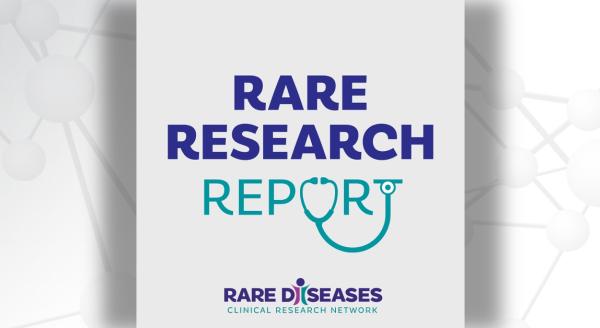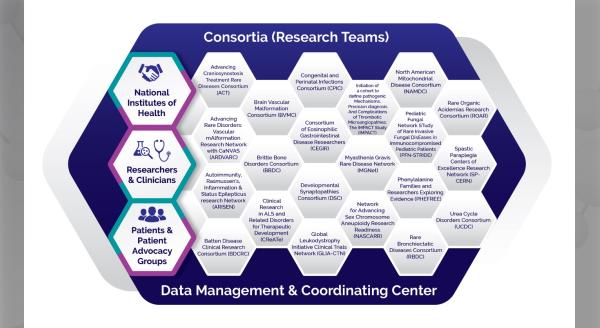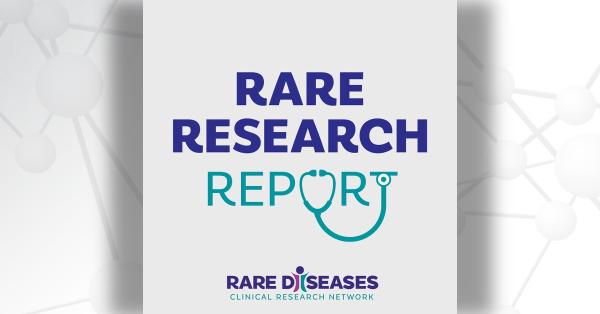Laura Barisoni, MD, of the Department of Pathology and Medicine at Duke University and Co-investigator and Chair of the Pathology Working Group of the Nephrotic Syndrome Study Network (NEPTUNE), reports on a recent Nature Reviews Nephrology article examining the applications of digital pathology and computational image analysis in nephropathology.
In studying rare kidney diseases, it is critical to establish large datasets of patients, biorepositories, digital pathology repositories of whole slide images, and associated metadata. A decade ago, the Rare Diseases Clinical Research Network’s Nephrotic Syndrome Study Network (NEPTUNE)—the first nephrotic syndrome consortium—established the first international digital pathology repository, initiating a transformative process in nephrology that has become the new standard for clinical research across the world.
The availability of such digital pathology infrastructures and the emergence of powerful computational tools now offer the opportunity to apply computational image analysis to digital kidney biopsies, as described in our recent Nature publication. The application of this technology is new in nephropathology, but it has been successfully used in both oncologic radiology and pathology.
The current diagnostic classifications of kidney diseases are based on outdated approaches that do not adequately capture the and patient-specific variations of disease presentation at the tissue level nor the clinical and molecular heterogeneity of these diseases, resulting in an impairment of the ability of clinicians to precisely define a patient’s disease, or predict outcome or effective intervention.
The application of artificial intelligence for the extraction from the tissue images and integration of pathology data with a variety of information will allow us to shift the paradigms for the classification and treatment of kidney diseases. This research will pave the way to establish synergistic machine-human protocols with potential applications in routine clinical practice and improved patient care (actionable intelligence).
Such integration of data requires interdisciplinary teams of experts that are cross-trained to understand all the disciplines involved. Computer scientists alone cannot generate clinically relevant information without first understanding the diseases they are studying; similarly, pathologists with expertise in the subject matter cannot guide computer scientists to interrogate the tissue without first understanding how image analysis tools can be applied to study kidney diseases or the advantages and potential limitations of these new technologies. Thus, today one of the major challenges resides in the lack of cross-training of health care-associated personnel.
We have only scratched the surface of what can be discovered through applying computational image analysis tools. Better standardization and harmonization of analytics are pre-requisites to expanding such an approach and implementing interoperability across consortia and institutions, allowing us to acquire data across different populations for a meaningful analysis.
Future effort should be devoted to continue training machines to provide quantitative visual and subvisual pathology data from a variety of histologic parameters. This would allow us to test the clinical utility of such pathology-derived data to diagnose, predict, prognosticate, and treat kidney diseases. Attention should be dedicated to the discovery of histologic parameters that are surrogate markers of molecular mechanisms, as they can guide the identification of new therapeutic targets and the monitoring of the response to conventional and newly developed therapeutic approaches.
Read the full review in Nature.
The Nephrotic Syndrome Rare Disease Clinical Research Network III (NEPTUNE) is part of the Rare Diseases Clinical Research Network (RDCRN), which is funded by the National Institutes of Health (NIH) and led by the National Center for Advancing Translational Sciences (NCATS) through its Division of Rare Diseases Research Innovation (DRDRI). NEPTUNE is funded under grant number U54DK083912 as a collaboration between NCATS and the National Institute of Diabetes and Digestive and Kidney Diseases (NIDDK).






